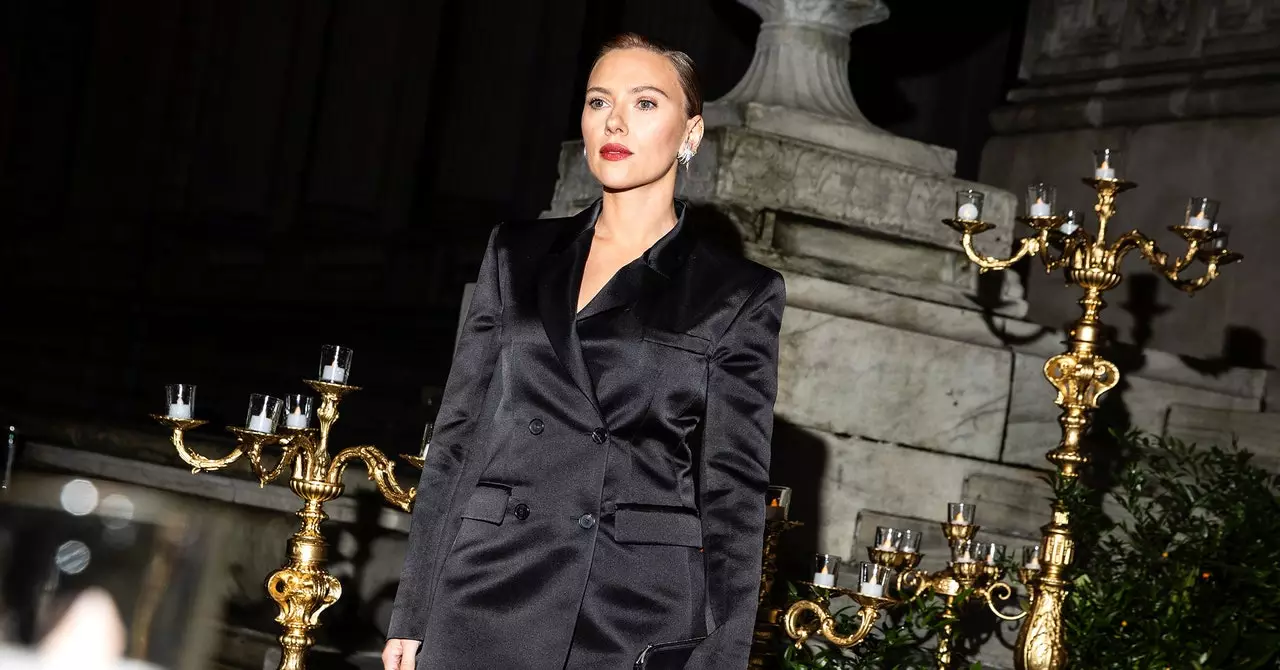Black Widow’s journey from being a supporting character in the Marvel Cinematic Universe to a beloved hero was a slow but sure one. It wasn’t until “The Avengers” in 2012 that her true moment of glory came to pass. Tied to a chair and confronted by an interrogator, she defiantly kicks her questioner in the shin, breaks free from her restraints, takes down three adversaries, and walks away with her heels in hand. This scene solidified Black Widow as a symbol of strength, wit, and resilience in the eyes of fans worldwide. The success of “The Avengers,” which grossed $1.5 billion globally, propelled Scarlett Johansson’s character into the spotlight, despite being one of the few superheroes without superpowers.
It wasn’t until 2021 with the release of “Black Widow” that Scarlett Johansson’s character finally received the standalone film treatment. The movie was released both in theaters and on Disney+ during a time when the lingering effects of the Covid-19 pandemic still kept some moviegoers away from theaters. Despite its success, Johansson filed a lawsuit against Disney for breach of contract, arguing that the simultaneous streaming release harmed the film’s box office performance. Although the details of the settlement remain undisclosed, Johansson’s willingness to stand up for what she believed she was owed showcased her commitment to her craft and the value she placed on her work.
Apart from her legal battle with Disney, Scarlett Johansson also found herself embroiled in a dispute with OpenAI, a leading artificial intelligence research laboratory. Johansson accused the organization of using her voice without consent in their new ChatGPT interface, claiming that the AI-generated voice was eerily similar to hers. OpenAI’s CEO, Sam Altman, refuted the allegations, stating that the resemblance was unintentional. However, legal experts suggest that Johansson may have a legitimate case against the organization if she chooses to pursue legal action.
An Unexpected Advocate
Following Johansson’s public outcry against OpenAI, public opinion quickly sided with the acclaimed actress. Many viewed her actions as a stand against the unchecked power of AI and the importance of consent and attribution in the digital age. Critics of OpenAI criticized the organization for disregarding Johansson’s objections and proceeding with the project despite her disapproval. In a swift turn of events, Johansson transformed into a modern-day symbol of resistance, with her actions resonating with individuals who were concerned about the implications of AI technology on privacy and intellectual property rights.
A Tale of Irony
Ironically, the reason why Scarlett Johansson’s voice was deemed desirable for an AI assistant stems from her portrayal of an AI character in Spike Jonze’s film “Her.” This juxtaposition highlights the complexities of modern technology and the blurred lines between reality and fiction. Johansson’s real-life battle against the unauthorized use of her voice in AI systems mirrors the ethical dilemmas portrayed in the movie, showcasing the interconnectedness of art, technology, and personal identity.
Scarlett Johansson’s journey from playing Black Widow to becoming an advocate for artist rights in the realm of artificial intelligence underscores the importance of standing up for one’s principles in the face of technological advances. Her unwavering commitment to defending her work sets a precedent for creatives in an increasingly digital world where boundaries between artistry and innovation are continually being challenged.


Leave a Reply